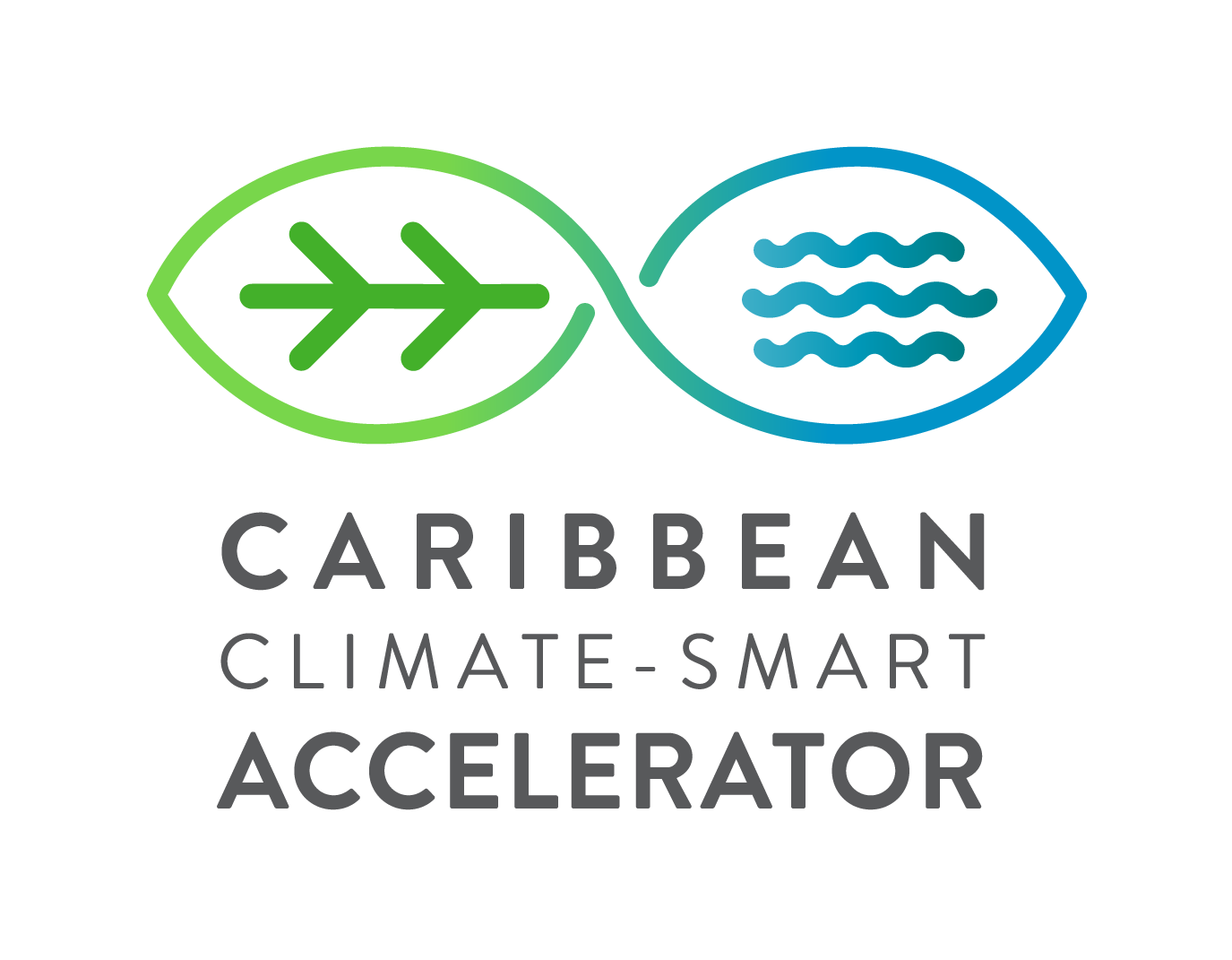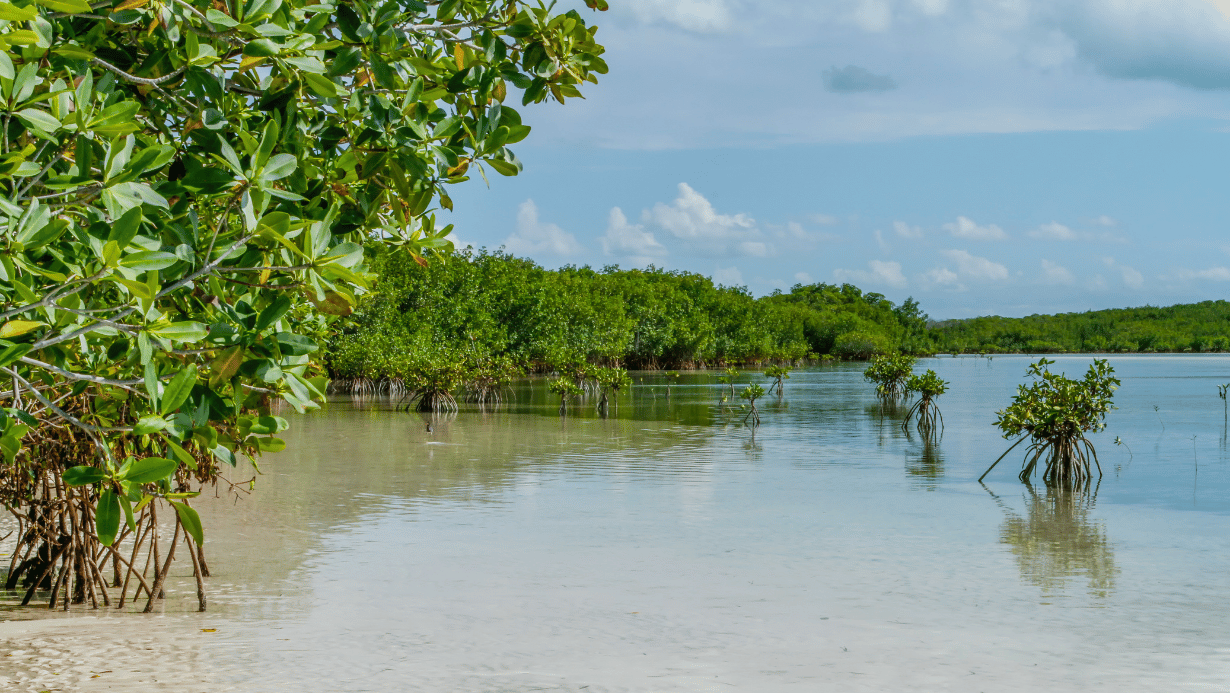An MoU to establish a framework for the collaborative ownership, development, financing, and implementation of groundbreaking carbon reduction and removal projects throughout the region
The Organisation of Eastern Caribbean States (OECS) and Invert Inc. announced the official signing of a Memorandum of Understanding (MoU) to establish a landmark partnership aimed at combating climate change and advancing carbon project strategies and development in the Eastern Caribbean. The MoU establishes a framework for the collaborative ownership, development, financing, and implementation of groundbreaking carbon reduction and removal projects throughout the region.
Under the terms of the MoU, Invert, a leading global carbon removal and reduction company, will combine its technical and financial expertise in developing climate change mitigation and adaptation projects and complementary carbon crediting mechanisms, with the extensive knowledge and regional reach of the OECS. Together, and in collaboration with the Caribbean Climate-Smart Accelerator (CCSA), these entities will pool their resources to accelerate the transition towards a low-carbon and climate-resilient future for the Eastern Caribbean.

Andre Fernandez, Co-CEO of Invert Inc.
“This partnership exemplifies the power and importance of collaboration in tackling climate change; one of the most pressing issues of our time,” says Andre Fernandez, Co-CEO of Invert. “Having been born in Dominica and raised in Antigua, this initiative is particularly close to my heart and my home. I am confident that by combining Invert’s technical carbon expertise and financial resources with the regional strengths and understanding of the OECS and CCSA, this joint initiative will serve as a global model for private public partnerships to capture carbon while creating valuable social infrastructure.”

Racquel Moses, CEO of the Caribbean Climate-Smart Accelerator
Director General of the OECS Dr. Didacus Jules spoke to the importance of the partnership in contributing to the Organisation’s Strategic Agenda. He said, “This collaboration is demonstrative of the non-traditional alliances that need to be forged between the public and private sectors and civil society to create innovative, sustainable opportunities for the people of the region. Significantly, the objectives being pursued are consonant with at least four of the OECS’ five Strategic Priorities, namely: Reinvent the Economy; Value the Environment; Build Resilience, and Advance Equity and Inclusion.”
CEO of the Caribbean Climate-Smart Accelerator Racquel Moses added, “One of the primary challenges we face in the region is funding adaptation which unlike mitigation is without obvious cash flows. Mechanisms like blue carbon and agreements like this help us tap into innovative financing opportunities that can close the fundamental gap in financing adaptation.”
The joint exploration of the technical and commercial feasibility of multiple carbon projects across the Eastern Caribbean will commence by focusing on mangrove restoration (blue carbon) projects in the region.






